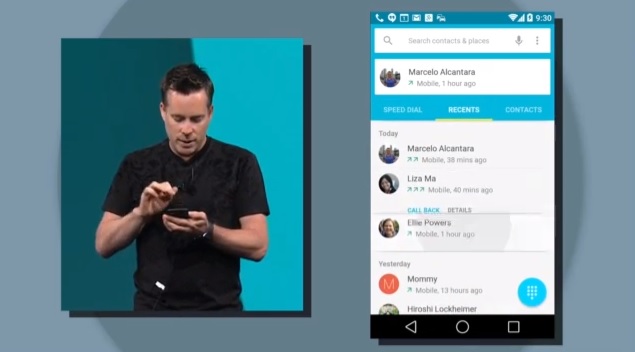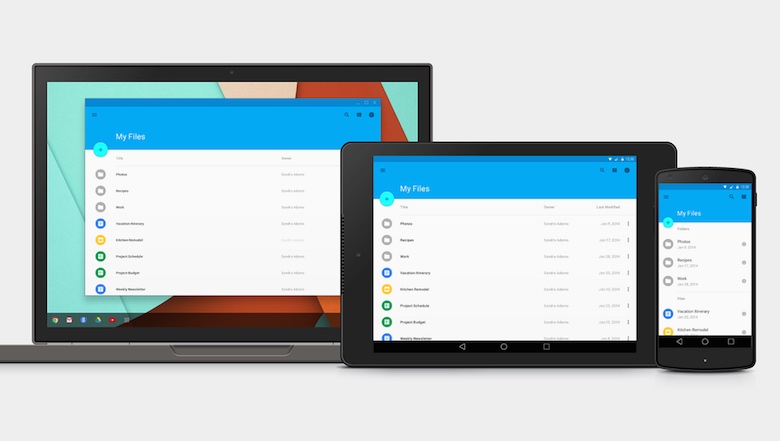Google Is NOT Killing Its Nexus Line Of Pure Android Devices
Carrier-friendly phones via the Android Silver program should debut next year, but Nexus phones and tablets will also endure.
When Google launches the official release of Android L later this year, expect a new Nexus device as well, as rumours of the demise of Nexus devices have been greatly exaggerated
True, Google is changing the way it rolls out high-end Android smartphones. It's working on a new program called Android Silver, in which Google would pay top manufacturers like Samsung, LG, Motorola and Sony to build Android smartphones to its particular specifications; cellular carriers like AT&T and Verizon would then sell them in retail stores. Android Silver will likely debut next year.
But speculation around Android Silver has led to some reports that Google will scrap its popular Nexus line of Android smartphones and tablets and replace them with Silver devices. Turns out that those reports are basically wrong. The Nexus program will continue and Android users can expect to see a new Nexus device when Google releases Android L later this year.
Every time Google releases a new named and numbered version of Android, it also announces a new Nexus device
Dave Burke, the head of Android engineering and the Nexus program at Google, says that the company plans to keep doing just that
Dave Burke, the head of Android engineering, has told Read Write that Google creates Nexus devices to showcase new versions of Android and this year too it will launch Nexus devices
"People just get excited by concepts and forget why we do things," said Burke in reference to speculation about the Silver programme. "We are still invested in Nexus," he said. Burke's statement comes days after images of a HTC-made tablet, purportedly dubbed the next Nexus tablet, leaked on the web.
He would not discuss Silver. "Android Silver is not something that we are commenting on right now," he said. But the prospect of Silver doesn't mean that Nexus is going away.
"People have been commenting about Nexus because there is something else and they think that means the end of Nexus. That is the totally wrong conclusion to make," Burke said.
androidcommunity.comWhen Google's engineers write the open source code for new versions of Android, another team is also designing a Nexus device designed to take best advantage of Android's new features. The two development processes go hand-in-hand, and that's not going to change any time soon.
In the interview with ReadWrite, Dave Burke further said:
"When we are working, there are sort of two outputs. We’re building a Nexus device and we’re building the open source code. There is no way you can build the open source code without the phone or tablet or whatever you are building. You have to live and breathe the code you are developing."
"You can’t build a platform in the abstract, you have to build a device (or devices). So, I don’t think can can or will ever go away. And then, I think Nexus is also interesting in that it is a way of us explaining how we think Android should run. It is a statement, almost a statement of purity in some respects. I don’t see why we would ever turn away from that, it wouldn’t make sense."
The silver devices are supposed to run the stock version of Android and will be likely sold through Play store
However, unlike Nexus devices that sell at a lower price-points, Silver devices are likely to be sold at the high-end of the market.
If Google indeed keeps the Nexus programme, it will probably have three different programmes for devices powered by stock version of Android
The company has already announced Android One, through which it aims to bring low-cost Android phones running stock version of Android to emerging markets like India. Silver, meanwhile, could be a programme similar to Android One but for premium Android phones. Nexus devices, meanwhile, will continue to be the show pieces for the latest version of Android and will be targeted at developers.



